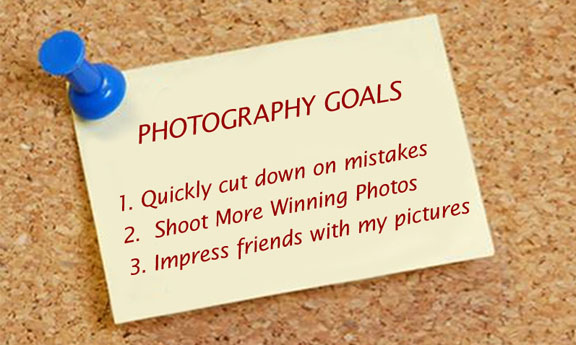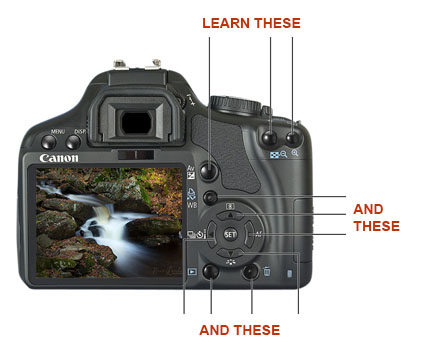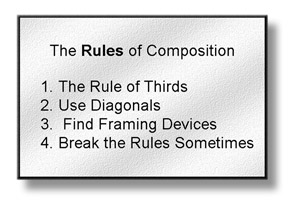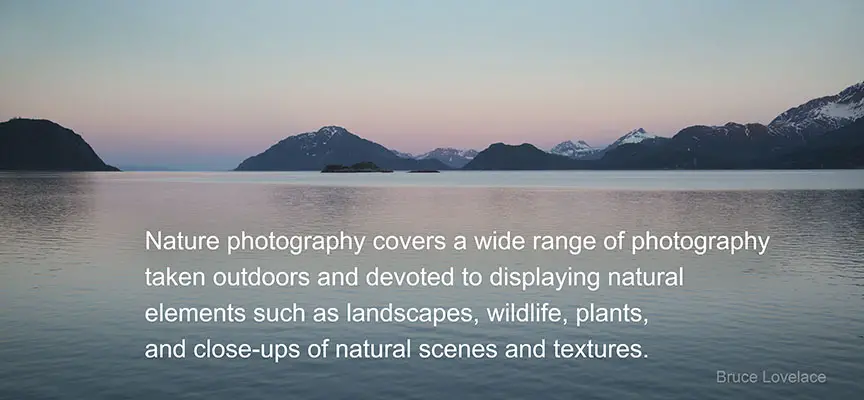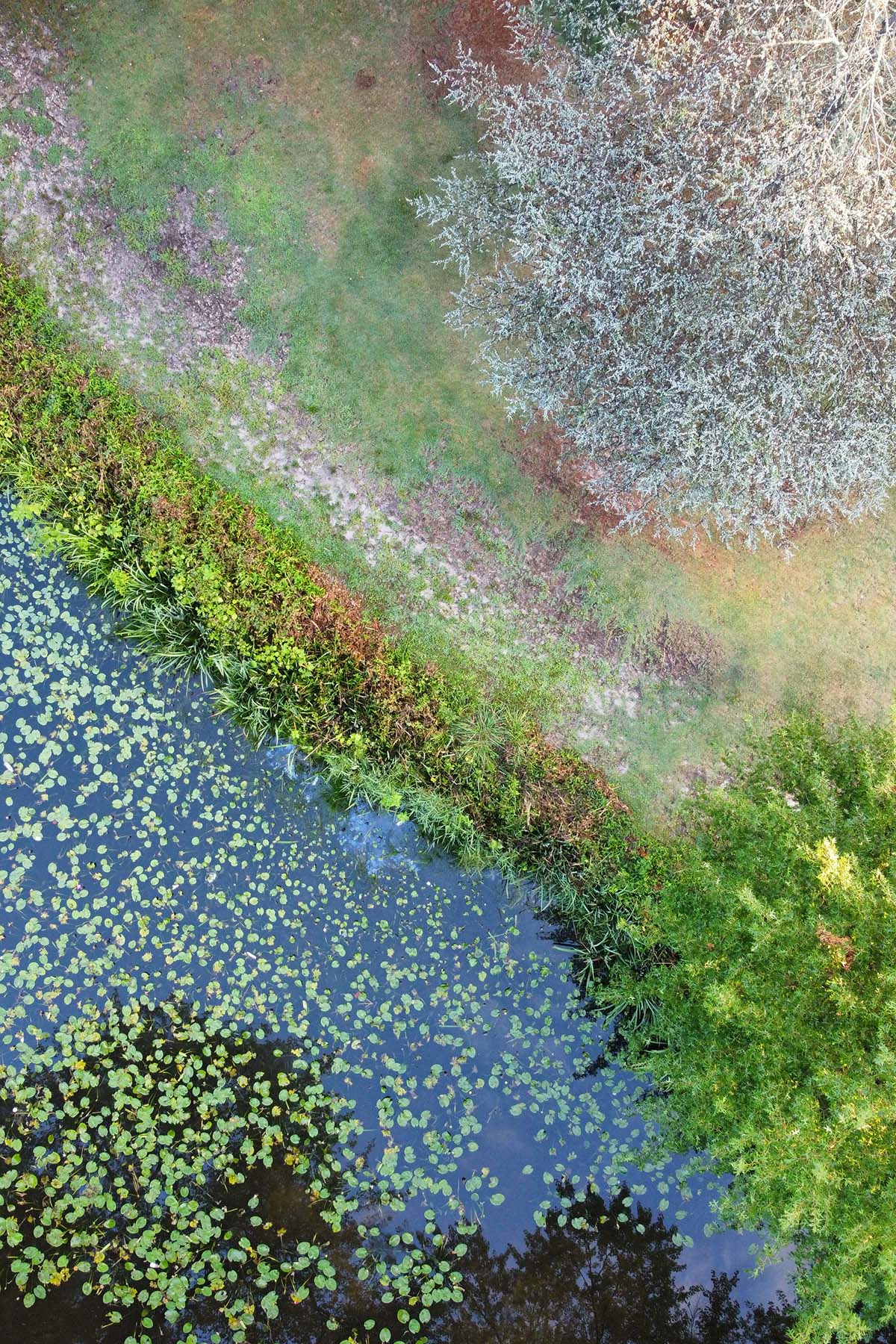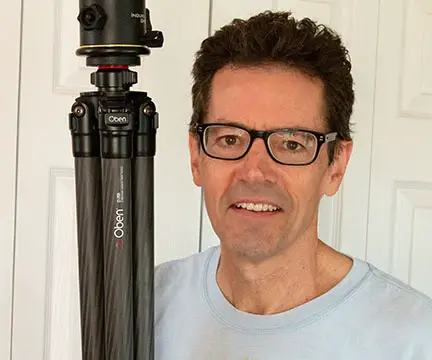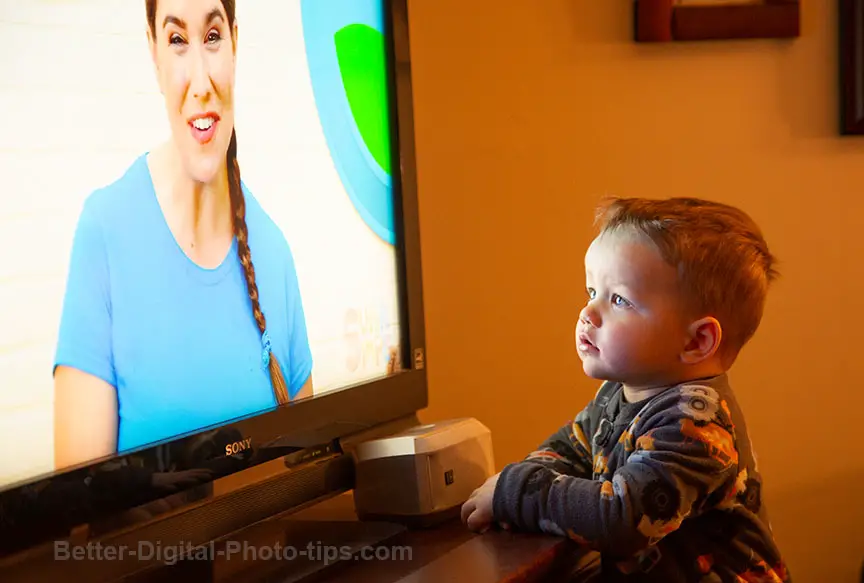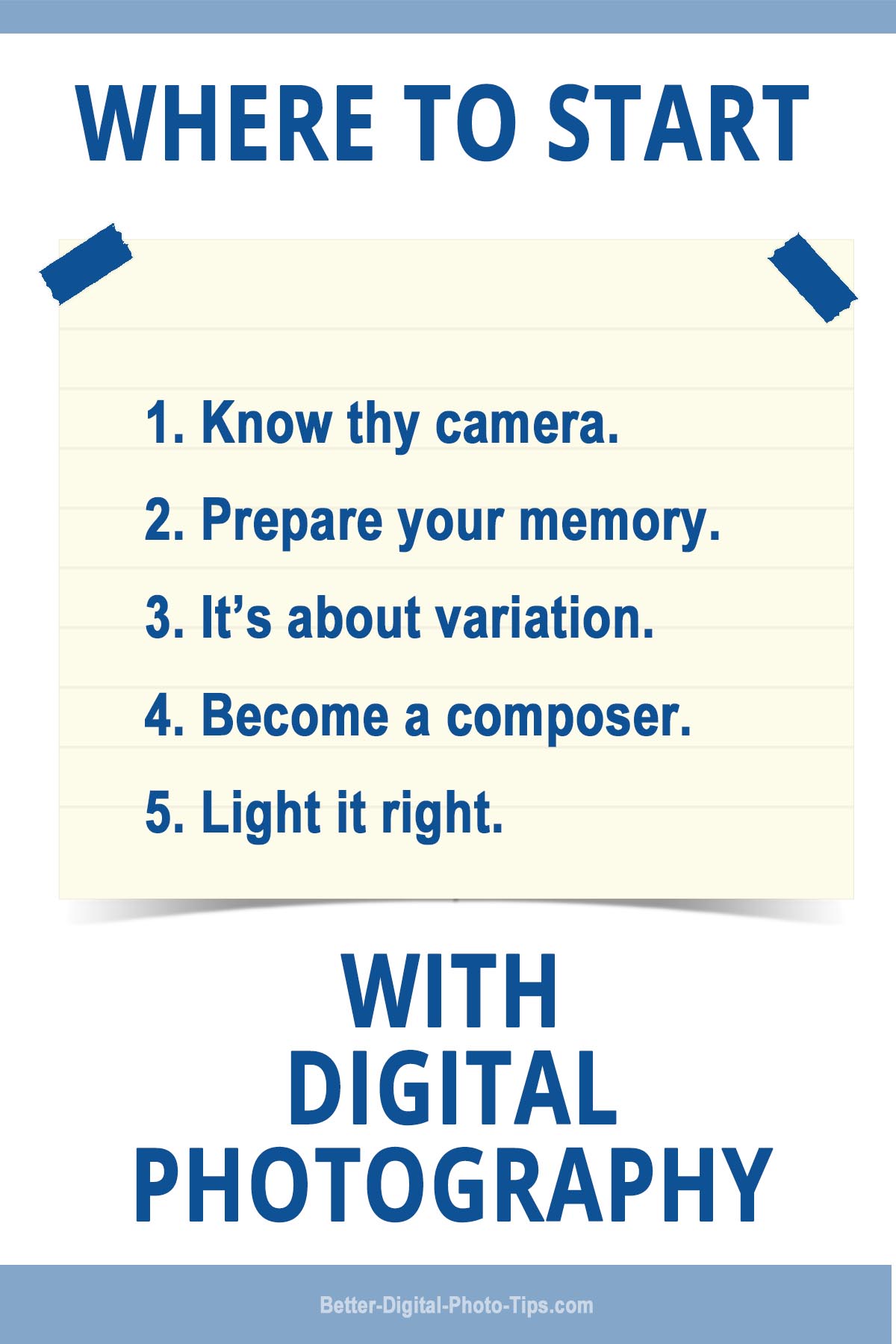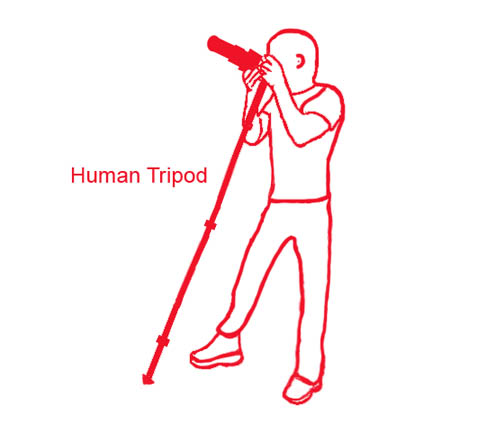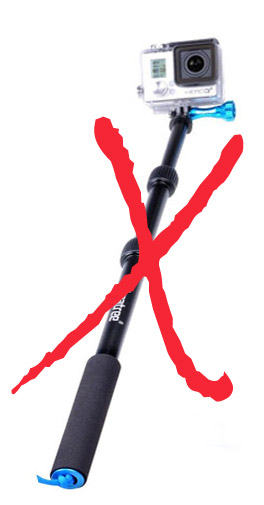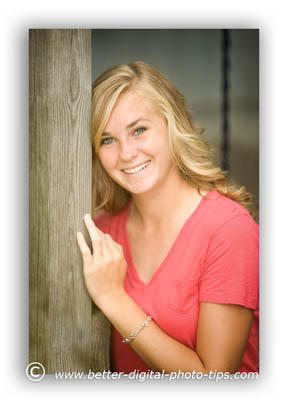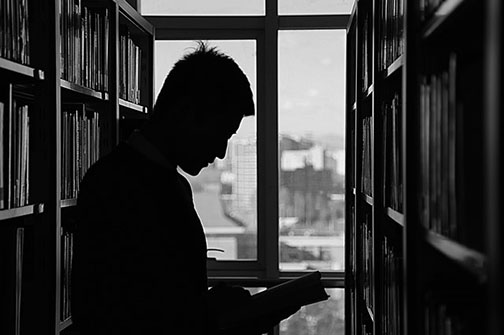HOW TO POSTS: LIGHTING AND COMPOSITION
5 beginner tips for taking digital photography
The Best Ways To Quickly improve your photos
Looking for the best tips for taking digital photography? It's east to feel intimidated but it doesn't have to be that way.
Take a deep breath and relax by adopting a childlike attitude of curiosity.
We're all in a hurry to become great photographers. No matter what your photography goals are, you've got to start at the beginning and put one foot in front of the other.
- Understand your camera.
- Prepare with memory.
- Shoot lots of variations.
- Follow composition "rules."
- Pay attention to the light.
These are the basic tips to start with. They're not going to excite you or knock your socks off with excitement, but beginning with the basics is the best way to develop your abilities.
This article will help you improve your photos by starting with these 5 simple tips for digital photography.
This might be the most non-sexy and most helpful guide I've ever written!
There are also many links to advanced photography tips as well, all over this web site, waiting for you to devour. These pages are dedicated to sharing valuable digital photography tips with you.
Search around these pages for photography tips and you'll find information on photo lighting, photo exposure, rules of photo composition, digital camera settings, portrait posing and much much more.
Or, feel free to ask me a question directly.
Make sure to bookmark this website is as one of your favorites because I am adding more articles with photography tips all the time. Okay. So, here are the important but no so exciting 5 commandments.
1. know thy digital camera
Not too thrilling!
Different cameras have different features and function that will affect how you approach your photography and how your images come out.
It sounds boring but reading your camera's instructions is very important. Even if it's a super quick flip through, you'll likely come across a feature or an idea that surprises you.
You will at least get a basic understanding of your camera settings and which to use in certain situations. It will also give you some ideas of the capabilities that you may have never thought about.
You probably want to start taking pictures right away. That's only natural. I am the same way when I buy a new camera. Taking better pictures is your goal and you need to learn camera features and settings that will work in your favor.
2. have lots of digital memory
One of the biggest shortcomings with digital photography is that it's too easy for you to just leave your photos on your memory card. Rather than copy them to your hard drive and/or back them up another way, it's easy to put that task off for another time.
That's not all. We tend to leave our photos on the camera's memory card and don't do anything with them. The 2nd downfall comes when we end up with a full memory card and we want to take additional photographs or shoot some video on a full card.
Don't fall into that trap. Make it a habit to copy the photos from your camera and consider a good backup system to use right away for the important ones you don't want to lose.
Memory cards are so big now that it may take you a long time to fill up a card.
Now that memory cards are so affordable, it's a crime to not be prepared with an extra memory card or two.
As an Amazon affiliate I may receive a small commission from qualifying purchases, at NO added cost to you.
Digital Camera Memory Update
***Update #3 (2015) : 32 Gigabyte cards are now only $15
***Update #4 (2016): 32 Gigabyte cards are now less than $10.
***Update #5 (2019): 32 Gigabyte cards are obsolete and cost around $5. 64 GB cards are now less than $15.
***Update #6 (2024): 64 Gigabyte cards are less than $15
3. shoot a lot of photos using variations To Give You Better Photos
This sounds like an obvious tip for taking better photos, but it's easy to forget. Make it your mental focus to experiment with variations as a habit. Trying taking digital photographs using different camera angles, distances AND lens zoom settings.
Trying zooming your digital camera lens in and out. Move to your right or to your left. Move closer. Move farther. Hold your camera for a horizontal composition. Now try a vertical composition. This makes a big difference in your composition.
Change your camera settings for the same subject. See how it changes your picture. Take the time to compare your photos afterward.
There are many tips for taking digital photography that are basic and many tips that are advanced. But you will learn the most by doing and experimenting and then evaluating your own digital photography.
4. Use composition tips To Quickly Improve Your Photos
Compositions "rules" should be understood. Think of them as guidelines. As you progress with experience you'll get a feeling of when to follow them and when to break the rules of composition. Read over a few basic Photo Composition rules now.
- Use the Rule of Thirds. It's the easiest composition rule to use.
- Use diagonals to make your photos instantly more dynamic.
- Find framing elements to emphasize your subject.
- Use leading lines.
These are all valuable ideas that will help you take better photos.
5. observe and Study your photo's lighting
Start by just taking a second to Look at the lighting. Observe the light, where it is coming from and how it is affecting your subject. This is the quickest and easiest way to just become aware of lighting.
Becoming a lighting master takes the longest amount of time. I've been a professional photographer for over 25 years and I am still learning photo lighting. There are however, a few basic things that are easy to learn. Direction of light, fill light and flash photography are great places to start.
One of the photography situations that can be a lot fun to experiment with lighting is with taking digital photos at night when it's dark. You can look at the display screen on your camera and make a few adjustments to get a variety of results.
Take a quick glance at the 4 Elements of LIghting. You will get a better basic understanding of lighting if you are aware of these 4 elements. Use these tips for taking digital photography from above and you're sure to start getting better photos.

The results you get from night photography are often surprising because the exposures are so much longer than the usual daytime photos. It's a unique type of of photography and worth playing around with.
In addition to following tips for taking digital photography you can learn a lot when you challenge yourself by trying new kinds of photography. It can be quite powerful to learn from the photography mistakes you make.
Here is an article on the most common Photo Mistakes that people make.
links related to tips for taking digital photography:
There are three main categories for tips on taking your digital photography to the next level: Lighting, Composition and Exposure. Lighting and composition are on the list of 5 tips above because they are important to start with.
Tips on exposure are not included in beginners tips because your camera will do such a great job about 95% of the time. When you're ready for it you can dive deeply into exposure by understanding the exposure triangle. There are now hundreds of articles on this web site, covering basic digital photo tips and as well as advanced tips in photography. Here are some useful links below:
Photo Composition. This article gives 10 tips on photography composition and include sample photos that illustrate each point.
Photo Exposure. Photography exposure tips are covered pertaining to shutter speed, aperture and ISO. Sample photos and an explanation of the exposure triangle.
Photography Lighting. Photo samples with a variety of lighting conditions and many links to specific articles on photography lighting tips.
3 Advanced Tips in photography. Before you study advanced photography tips, you may want to consider these general tips, which you can apply to anything you want to improve in your life.
You can also visit the Digital Photo Tips SiteMap to get more tips for taking digital photography. The best way to learn digital photography is to practice. Ask anyone who has become a master photographer and they'll tell you how many photos they've taken.
Get the right equipment, use a few tips for taking digital photography, and shoot, shoot, shoot. Have a blast!
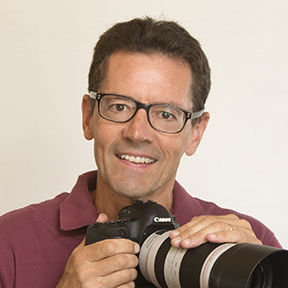
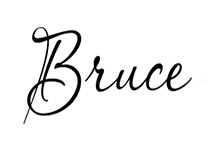
ABOUT BRUCE LOVELACE
Bruce is the publisher of this website. He is the author of the book "Improve Your Photography Instantly." Read more on Bruce on his Bio Page. He's been known as The Traveling Photographer ever since 1994. Read more about this website.
View some of Bruce's photos on Instagram. Visit the Facebook Page. Watch him on YouTube. Bruce runs photo workshops for kids and adults, and provides one-on-one photography coaching.
Digital Photography Education Location on Google My Business
